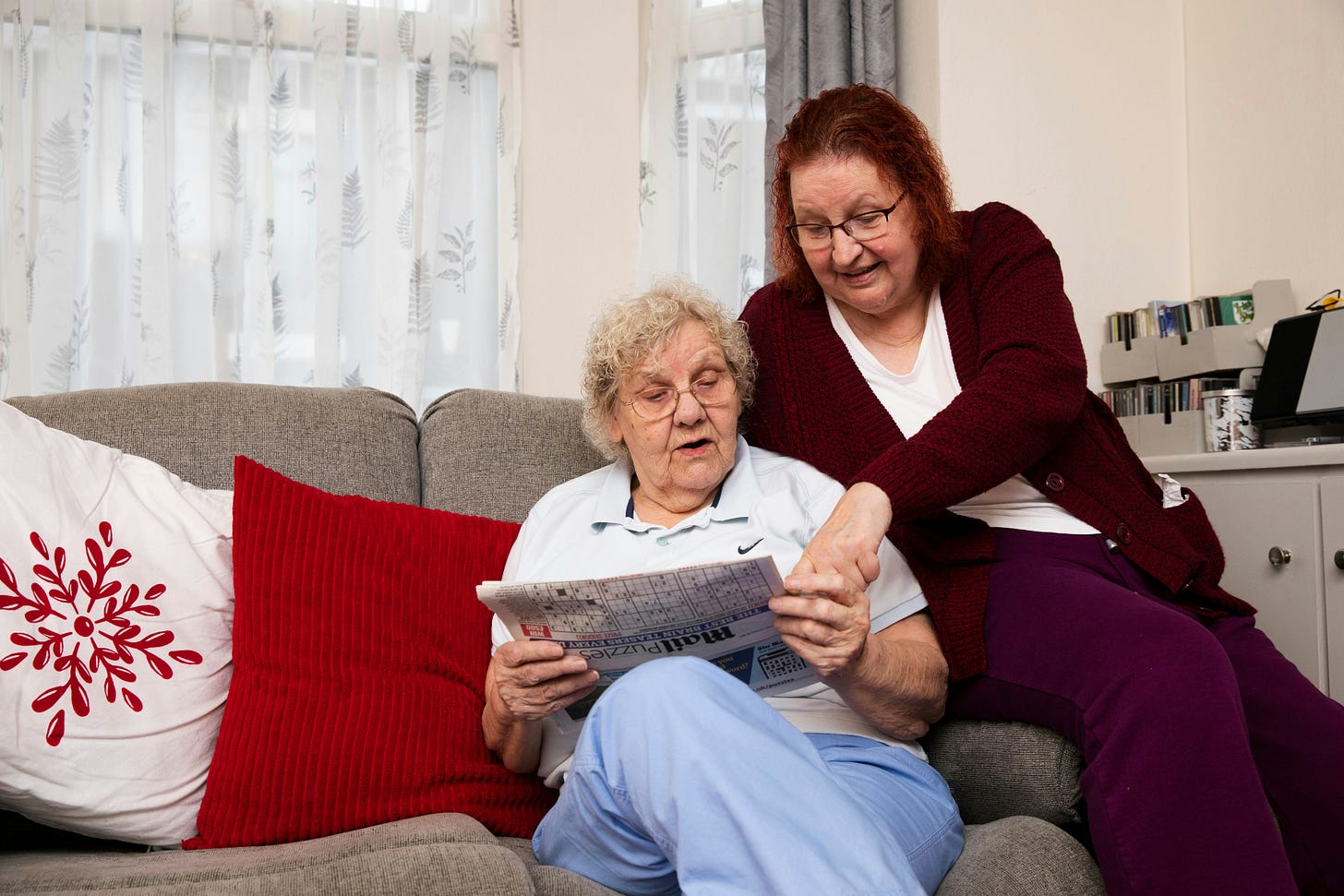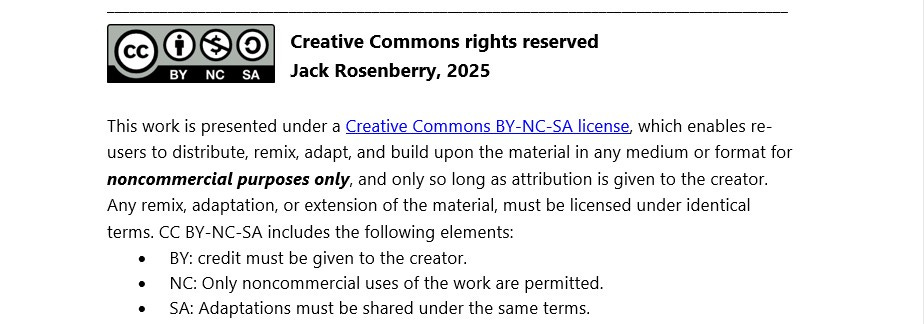Poll finds many avoid thinking about long-term care
Estimates are that 70 percent of people will need it, but few plan for that
It’s not easy to think about what will happen if – or when – it becomes impossible to live independently. Newly published poll results from the University of Michigan demonstrate this to a powerful degree, with findings that many people have given the topic little or no consideration.

Only 43 percent of poll respondents 50 and older considered it likely that they would eventually need long-term care – either at home or in an assisted living facility or nursing home – compared to 57 percent who do not think it likely. But the federal Administration for Community Living estimates that someone turning 65 today has about a 70 percent likelihood of needing some form of long term care sometime in their lifetime. The Center for Retirement Research at Boston College similarly estimates the eventual need for long term care at 72 percent (see chart).
These findings, released in May, come from the National Poll on Healthy Aging, a national household survey conducted by NORC at the University of Chicago for the University of Michigan’s Institute for Healthcare Policy and Innovation. It was administered online and by phone from Aug. 5 to Aug. 27, 2024, to a randomly selected, stratified group of nearly 3,500 U.S. adults ages 50–94.
The poll also found that only 48 percent of the respondents said they know what needs to be done to prepare for the possibility of reaching the point of needing long-term care. Half have taken one or more specific steps to prepare for that, but those individual preparatory moves have been taken by only about a quarter or fewer people.
For example, only 27 percent have designated a durable power of attorney for medical care and only 24 percent have identified people in their lives who could serve as caregivers. Just 18 percent have made home modifications to help age in place, 11 percent have bought long-term care insurance, and 7 percent have investigated assisted living / nursing home facilities.
Just over half – 52 percent – said they had discussed long-term care plans and options with a family member or friend.
The proportions were somewhat higher among older respondents. Two-thirds of those 65 and older have spoken to someone about their long-term care plan and 65 percent of them have taken at least one of the specific action steps the poll asked about.
Nearly 90 percent of poll respondents overall said their preference for receiving long-term care services would be at home, either with family or friends as caregivers (52 percent), with paid caregivers (21 percent) or without help (14 percent.) This resistance to entering a care facility also was reflected in aversion to and uncertainty about that care. A mostly negative overall impression of facility-based care was held by 59 percent, and 27 percent were unsure.
More than half of respondents -- and more than three quarters in some cases -- had concerns about specific aspects of facility-based care such as overall care and safety (81 percent), cost (77 percent), quality of life such as comfort and activities (71 percent), staffing (64 percent), infections (60 percent), and boredom or loneliness (54 percent).
Another factor in the reluctance to consider the potential need for long-term care is the costs. More than half of those older than 50 are not confident they will be able to pay for in-home care, or assisted living or skilled nursing facilities.
Also, 62 percent believe – incorrectly – that Medicare will pay for long term care when it does not, except for short-term rehabilitation stays. Medicaid pays for care in assisted living or a nursing home for some older adults, but only those who qualify financially because they have few or no assets. Even though only 11 percent of poll respondents said they have bought long-term care insurance, 19 percent said they expected insurance to pay for institutionalized care.
In a summary released with the poll findings, the university said that "The poll highlights major gaps in planning and preparedness for long-term care among adults age 50 and older...these findings point to the critical importance of educating and helping older adults prepare for their future long-term care needs." It suggested that organizations and individuals such as Area Agencies on Aging, financial planners, elder law attorneys, and geriatric care managers, could "assist older adults and their families in understanding their long-term care options and developing personalized long-term care plans."


